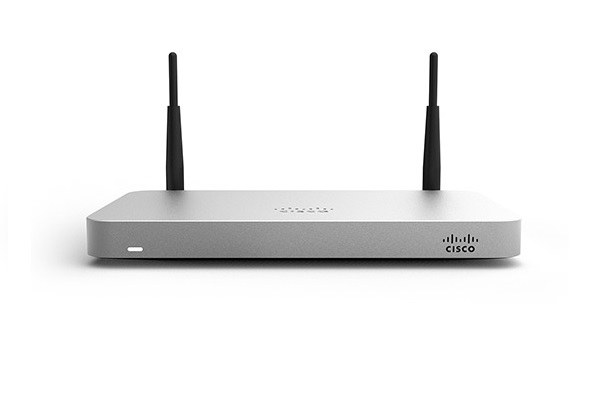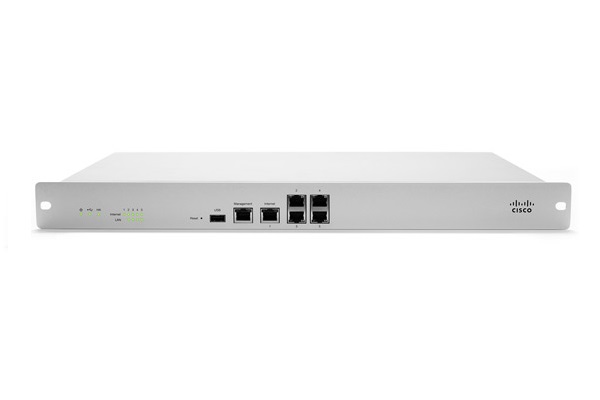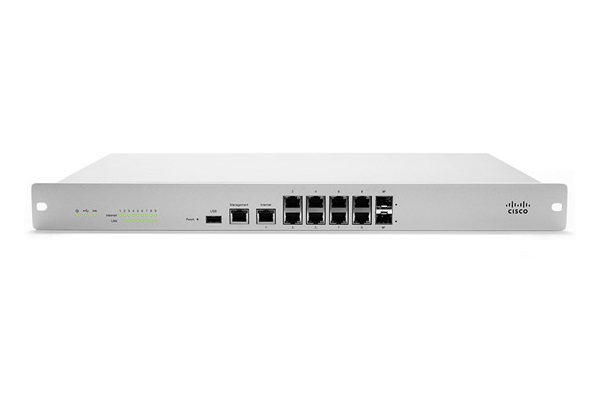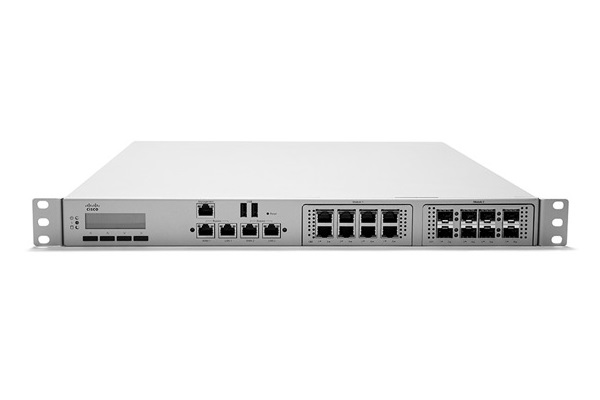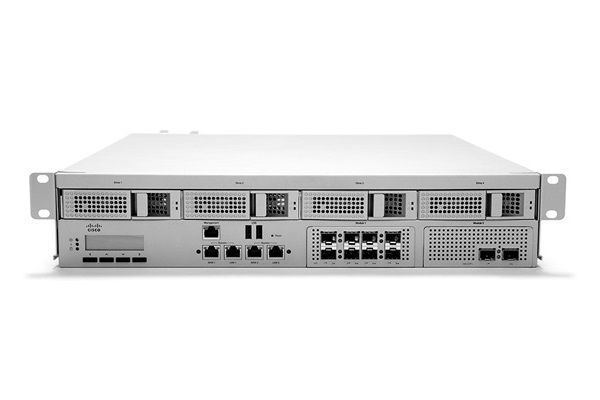Network Security
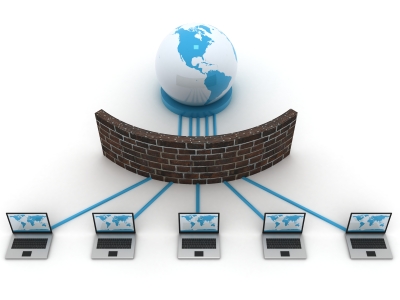
New technology brings more ways to access data, new types of devices and alternatives to the traditional PC platform.
With network security in place, your company will experience many business benefits. Your company is protected against business disruption, which helps keep employees productive. Network security helps your company meet mandatory regulatory compliance. Because network security helps protect your customers' data, it reduces the risk of legal action from data theft.
Ultimately, network security helps protect a business's reputation, which is one of its most important assets.
Many network security threats today are spread over the Internet. The most common include:
- Viruses, worms, and Trojan horses
- Spyware and adware
- Zero-day attacks, also called zero-hour attacks
- Hacker attacks
- Denial of service attacks
- Data interception and theft
- Identity theft
Network security is accomplished through hardware and software. The software must be constantly updated and managed to protect you from emerging threats.A network security system usually consists of many components. Ideally, all components work together, which minimizes maintenance and improves security.

- Anti-virus and anti-spyware
- Firewall, to block unauthorized access to your network
- Intrusion prevention systems (IPS), to identify fast-spreading threats, such as zero-day or zero-hour attacks
- Virtual Private Networks (VPNs), to provide secure remote access


